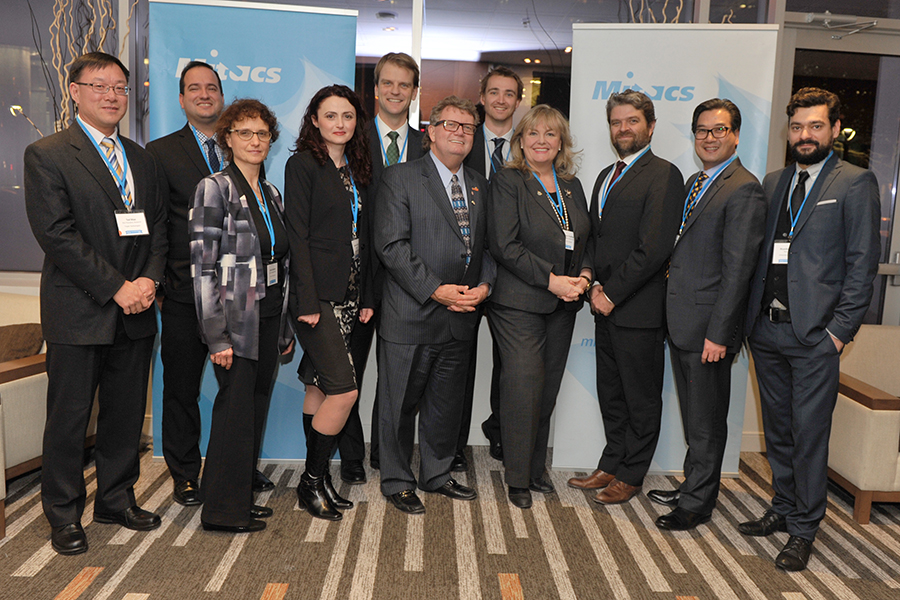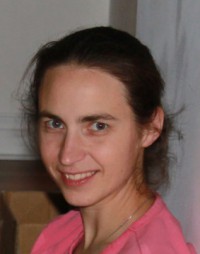Ricardo Jota was awarded the Postdoctoral Award for Outstanding Innovation for his research with Tactual Labs.
Congratulations to Jota for the well-deserved recognition!
Read more about the Mitacs Awards Reception and Jota’s work in this press release.

Photo Courtesy of Mitacs. Pictured Above: Ted Mao (Trojan Technologies), Rafael Falcon (University of Ottawa), Linda Gowman (Trojan Technologies), Daniela Tuchel (Royal Roads University), Minister Chris Alexander (Minister of Citizenship and Immigration), Minister Ed Holder (Minister of State, Science and Technology), Stephen Dugdale (Universite INRS), Minister Kerry-Lynne Findlay (Minister of National Revenue), Dr. Rob Annan (interim Chief Executive Officer, Mitacs), Professor Alan Fung (Ryerson University) and Ricardo Jota (University of Toronto).




